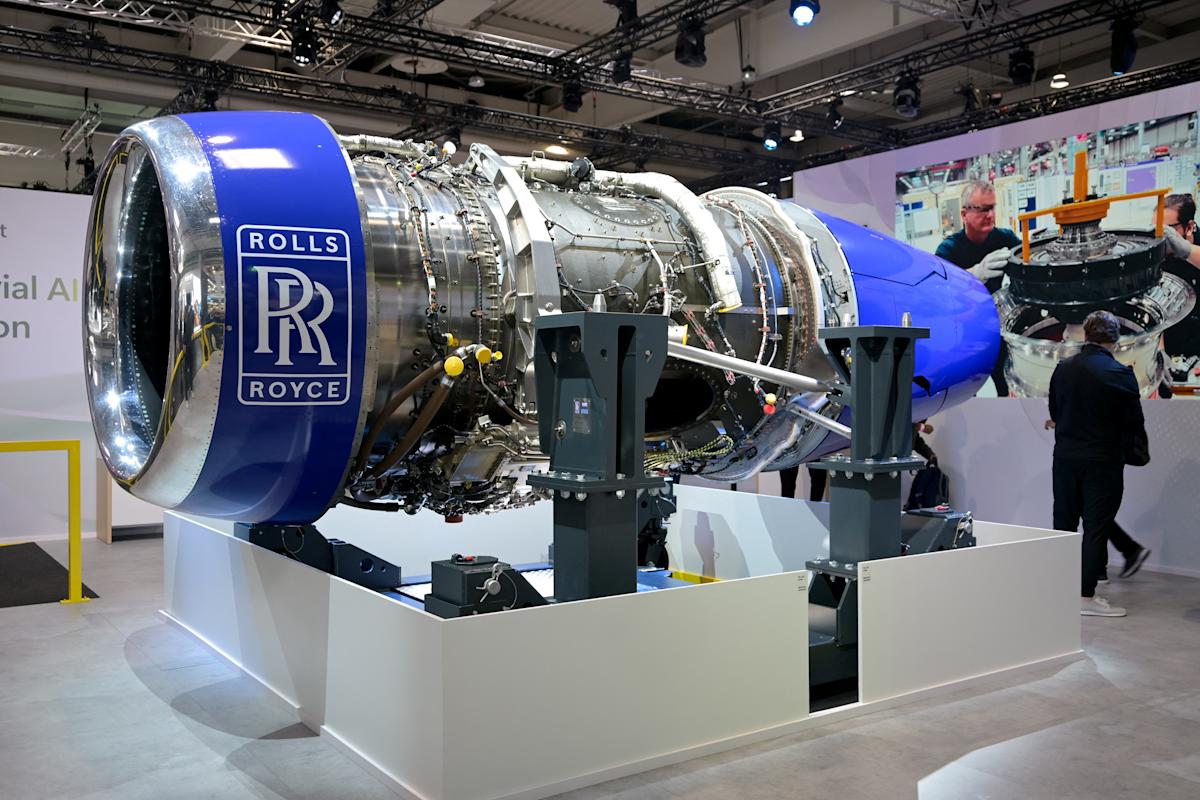NATO leaders have agreed to further ramp up defence spending at a summit on Wednesday, potentially providing another boost to companies operating in the sector.
Following a summit at the Hague on Wednesday, the Western military alliance issued a statement saying members had committed to increasing defence spending to 5% of their countries’ gross domestic product (GDP) by 2035.
NATO leaders said that the pledge came “in the face of profound security threats and challenges, in particular the long-term threat posed by Russia to Euro-Atlantic security and the persistent threat of terrorism.”
In addition, NATO allies reaffirmed their commitment to provide support to Ukraine, including direct contributions to the country’s defence.
European leaders have been promising to increase spending on defence, amid increasing geopolitical threats of the Russia-Ukraine war and conflict in the Middle East. There has also been increased pressure under the Trump administration for its allies to share more the responsibility for security.
Read more: Stocks that are trending today
The new 5% defence spending target marks a large increase from the previous goal of 2% of GDP, which was set at a summit in 2014.
Pledges to spend more on defence have seen European stocks in the sector soar this year and there are a number that are still highly rated by analysts.
Ahead of the NATO summit this week, Germany announced that it planned to increase core defence spending to 3.5% of GDP through 2029.
In a note, published on Wednesday morning, Bank of America (BofA) research analysts said that this was above expectations, as they believed consensus was expecting Germany to increase defence spending to 3% by 2030.
“We think the market will reward names in 2H25 with exposure to countries such as Germany where financing for the defence ramp is clearly front-end loaded,” they said.
Read more: FTSE 100 LIVE: London muted, Europe stocks slip amid fragile Iran-Israel ceasefire
One of the names the BofA analysts expected to benefit the most was Düsseldorf-headquarted firm Rheinmetall (RHM.DE), maintaining a “buy” rating on the stock, which has soared 177% year-to-date.
The analysts explained that Germany’s 3.5% target would mean it is set to spend more than €150bn (£128bn) on defence by 2029. “We expect c.40% of this will be spent on procurement would mean c.€60bn spent on equipment, which compares to c.€8-9bn in 2021,” they said.
BofA’s team estimated that Rheinmetall captured an average of approximately 17% of sales over 2019 to 2024 from German defence procurement.
